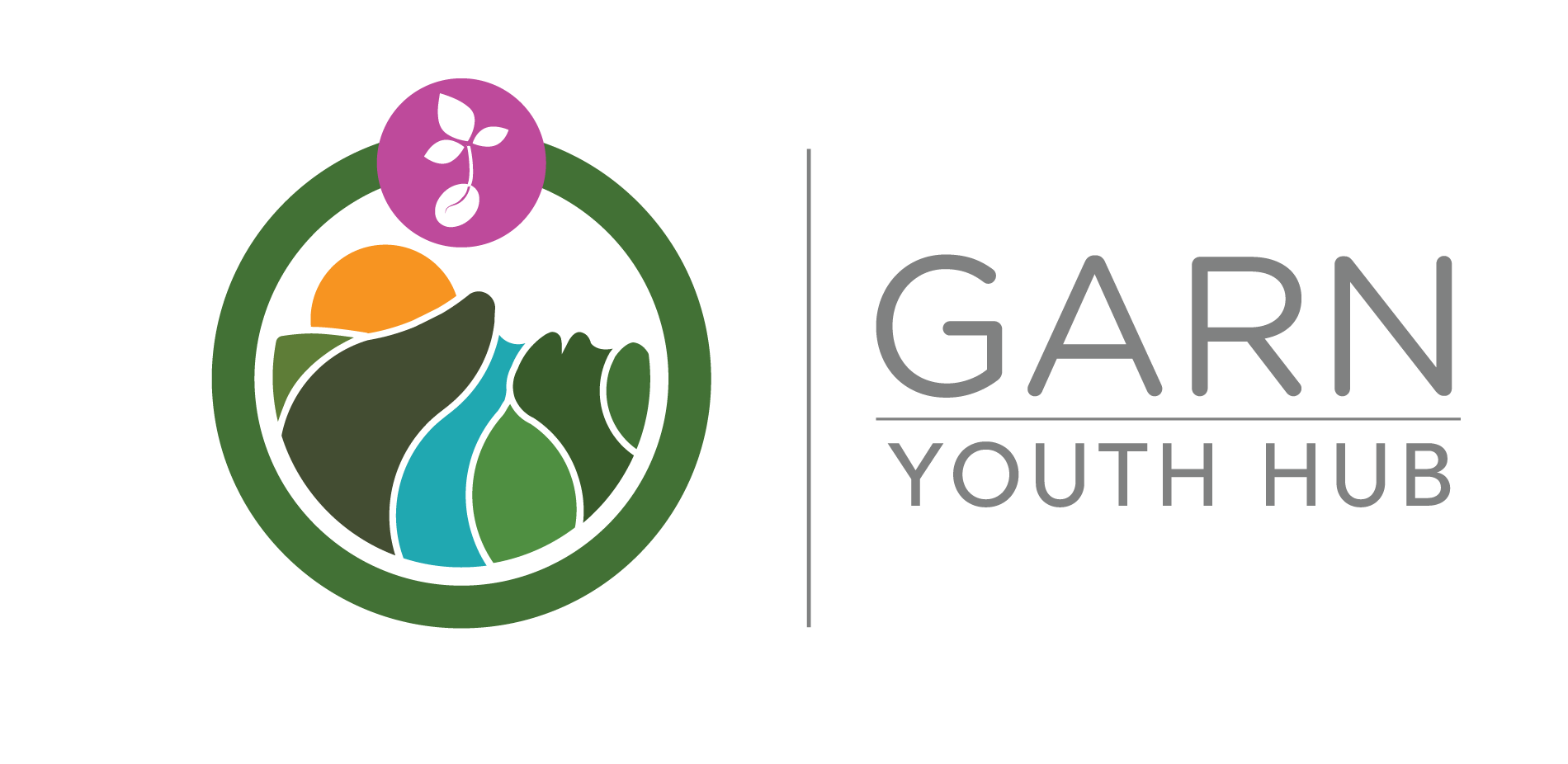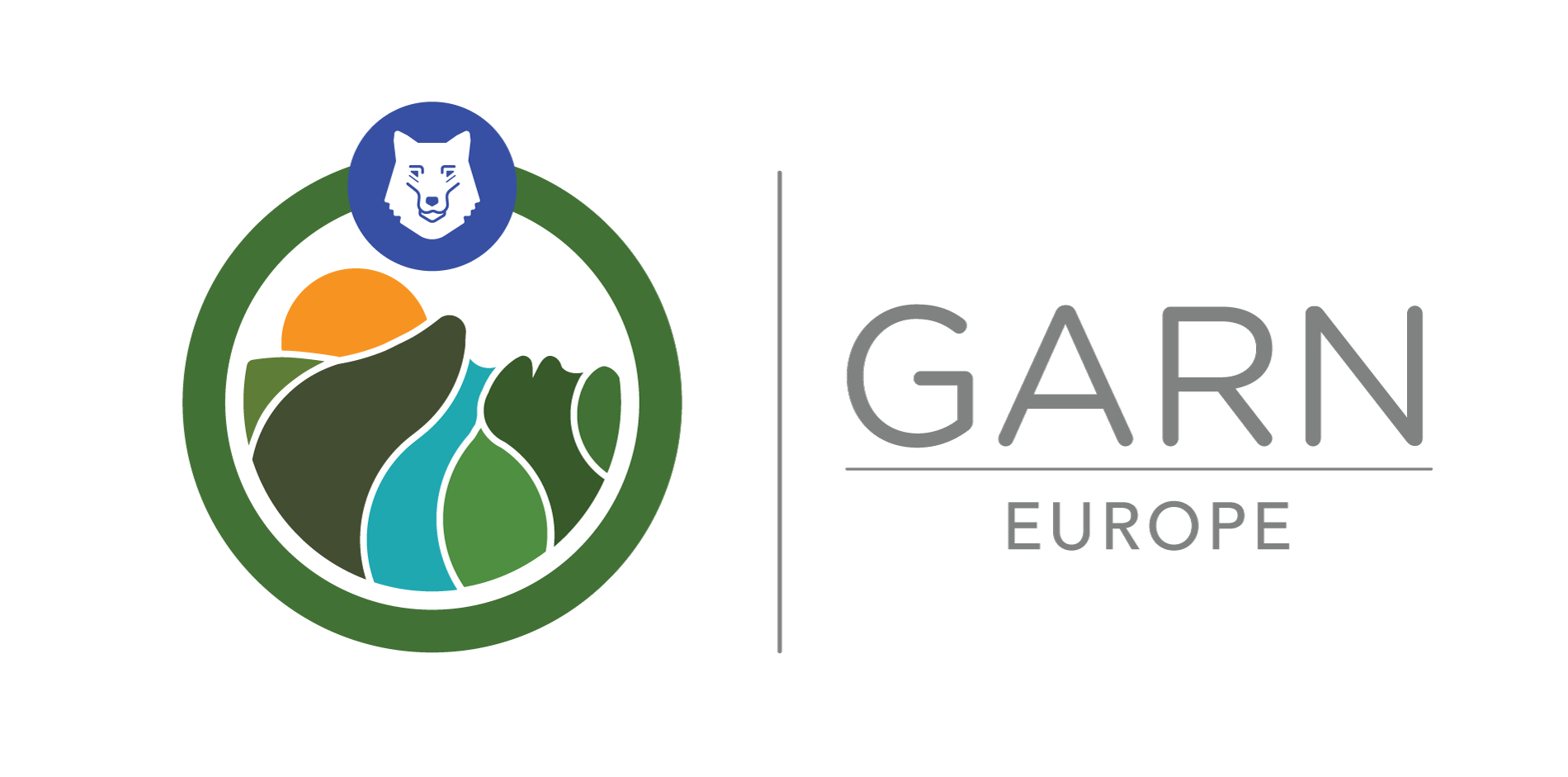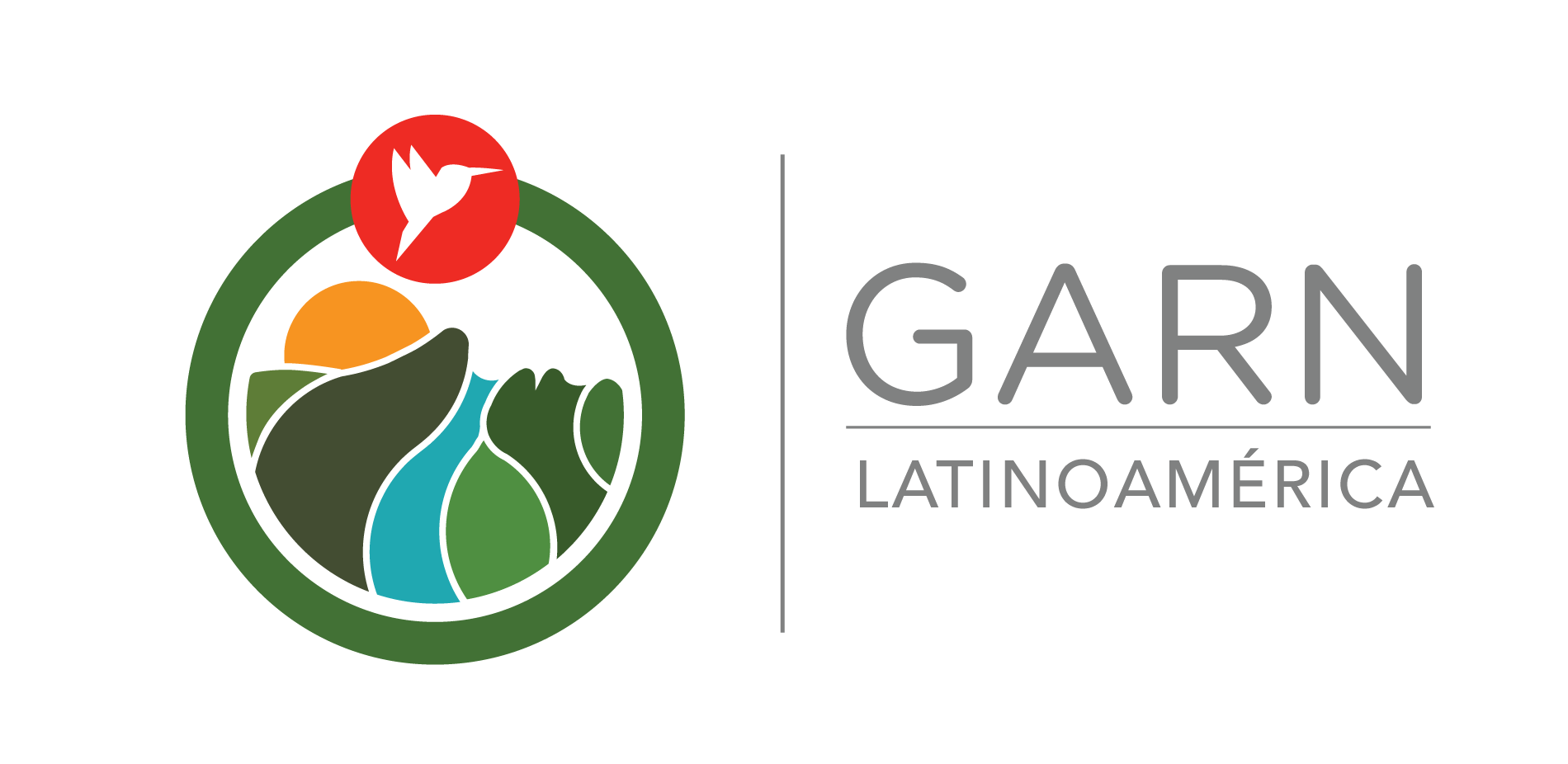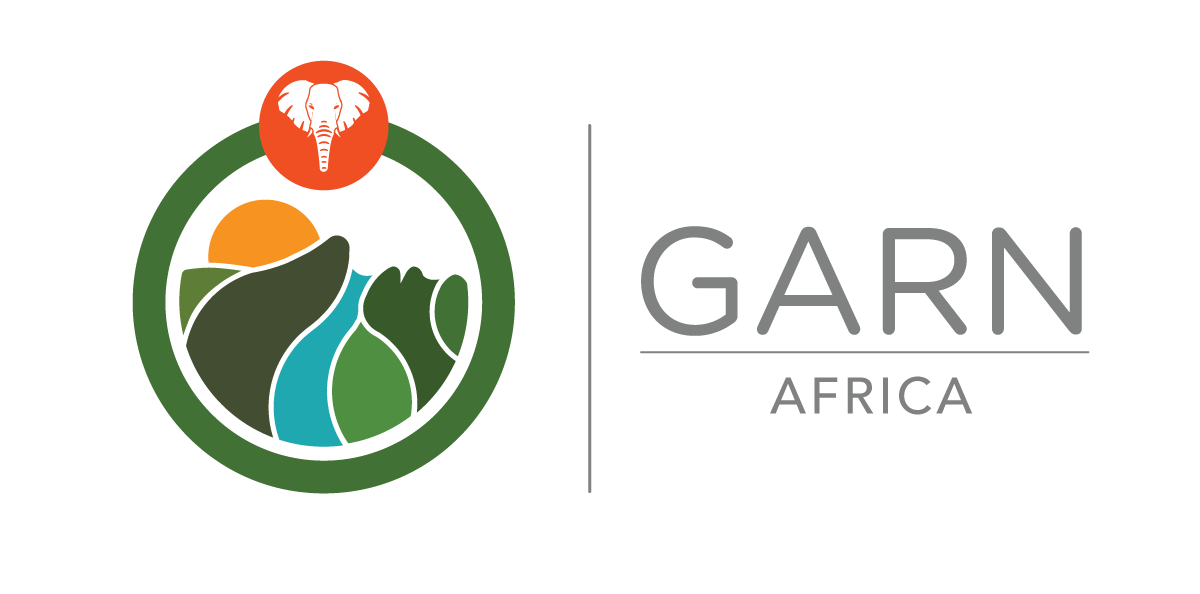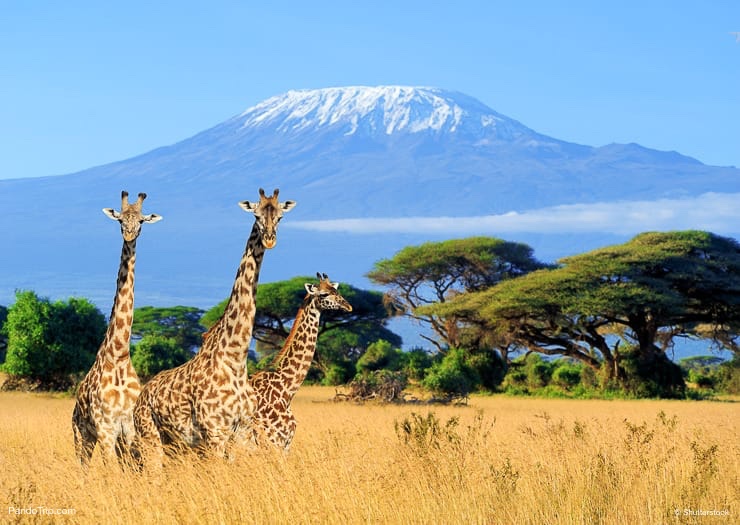
GARN works with decentralized regional and thematic hubs to coordinate and support the activities of members within a particular issue, area or region.
GARN is a dynamic and diverse global network of organizations, communities and individuals who work together towards advancing the Rights of Nature around the globe and transforming how humans relate to Mother Earth.
In order to work effectively throughout the world, GARN works with decentralized hubs to enable its members to be more effective by connecting and collaborating with others who share this worldview.
These hubs are established and run by GARN members who work in a particular geographical area or who share particular characteristics or interests (e.g. youth/academics).
The purpose of the hubs is to increase focused support and networking opportunities for the organizations, communities and individuals working on Rights of Nature; build collaborations and create collective strategies for the recognition and implementation of the Rights of Nature in a region/theme/sector; provide support to local and regional efforts, respond to urgent needs and calls to action and build visibility for key Rights of Nature efforts.
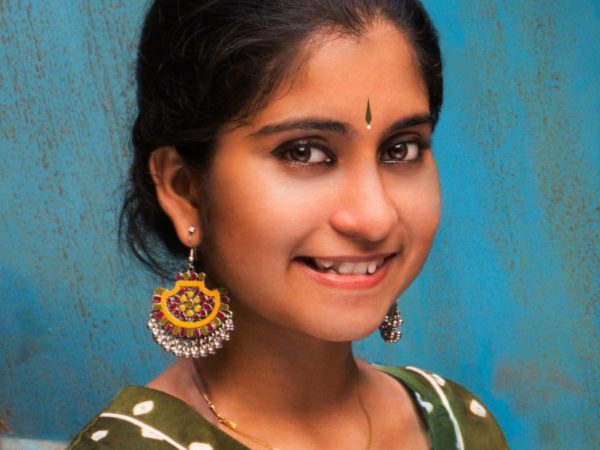
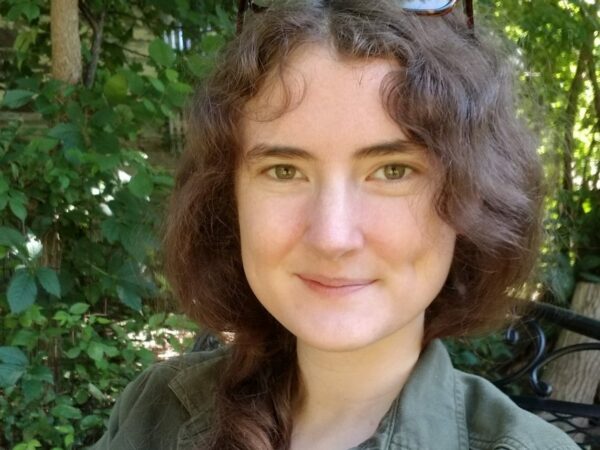

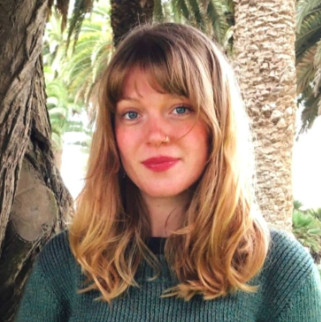
Somabha Bandopadhay is a doctoral student and University Junior Research Fellow at The
West Bengal National University for Juridical Sciences (WBNUJS), Kolkata where she was
formerly associated as a Research Assistant at the Centre for Regulatory Studies, Governance, and Public Policy. She is pursuing active research and activism on transgender law and their rights. She pursued BA.LLB (International Law Honors) from School of Law, KIIT University, Bhubaneswar and pursued LLM (Human Rights) National Law School of India University (NLSIU), Bangalore. She has been a scholarship holder at KIIT University. She was awarded the Nani Palkhivala Memorial Gold Medal at NLSIU Bangalore for securing the highest in LLM (Human Rights) and the Chancellor’s Gold Medal and Nanibala Devi Memorial Gold Medal in School of Law, KIIT University in 2018. Recently, Somabha has been awarded the Indo-Canadian Shastri Scholarship to pursue research on the victimization of transgender persons. Somabha won the prestigious Bar Council of India Inter-University Moot Court competition in 2017. She has more than ten research publications to her credit including a few in Scopus indexed journals. Her paper “Agricultural Commons: Where Does India Stand?” was selected for presentation at Annual New York State Political Science Conference, Manhattan College, New York in 2020. Somabha was awarded the Best Paper Presentation Award at the Prof. N. R. Madhava Menon Legal Conference held at WBNUJS. She is regularly invited as a panelist by Human Rights Law Network (HRLN) Kolkata and for lectures on topics like Human Rights Obligations and India, Need for Coronavirus Act in India, and on research methodology by All India Reporter (AIR) and AIR Research Centre. She is presently pursuing research on Glyphosate and Rights of Nature in collaboration with Earth Thrive, United Kingdom, and another with WBNUJS, Kolkata on Transgender trauma and stigma. She is the Governance Facilitator of the GARN Youth Hub and a member of World Youths for Climate Justice. She also serves on the advisory boards of various organizations.
Lauren Tarr
Sarah Pritchett has recently gotten involved in Rights of Nature through finding GARN on social media. She lives in Bloomington, Indiana where she studies Environmental and Sustainability Studies as an undergraduate student at Indiana University. In addition to GARN, she has also been active with the local Sunrise Movement hub that is focused on various climate issues. Her passions are mainly community organizing and environmental policy.
When I was 15, I asked at an open day whether rights of nature would also be covered in the study programme of Law. The student looked at me questioningly, said he had never heard of that before, and went on to talk about civil law and career prospects. But I knew that my future prospects had to have something to do with environmental justice, although I was not familiar with that term at the time, so I chose to study Forest and Nature Conservation in Wageningen, and to involve justice at a later stage. Now I finished my bachelor with a thesis on eco-jurisprudence and for more then a year I am a board member of ‘Forests owning itself’ – a grassroot youth foundation with which we pioneer the rights of nature for forests in the Netherlands.
It makes me hopeful to work with other young people on this critical ideal. Now that it is clear that environmental regulations are failing and we have lost confidence in the system as a whole, we can make room for a moral breakthrough to an alternative system. Nature conservation within unsustainable economic growth feeds the alienation between nature and humanity instead of seeking a (re)connection. I believe that the rights of nature movement can fuel both a shift in consciousness and a conservation revolution, protecting nature as an end in itself.
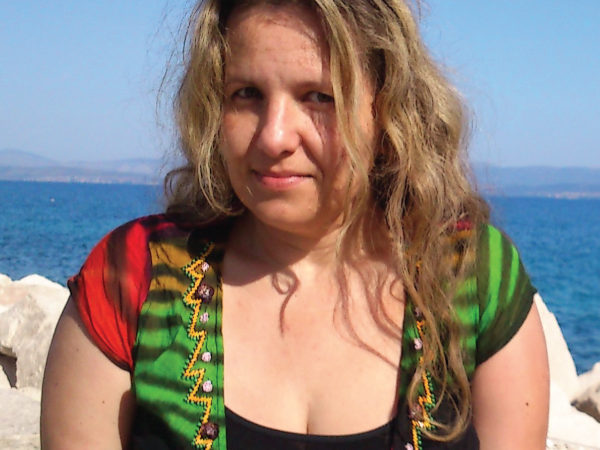
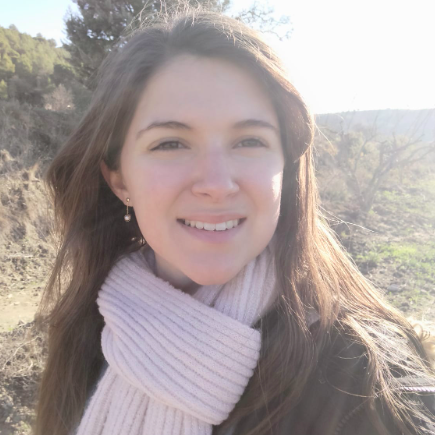
Deep environmentalist, founder of Earth Thrive, small but highly dedicated Rights of Nature organization, currently concentrating on rivers and her native Balkans but also working on pesticides, mining, trees & animal rights issues. MSc in Environmental Decision Making with a background in permaculture and the Law of Ecocide campaign on which she worked for several years with the initiator, late Polly Higgins.
Coordinator of the European hub and the Francophone network – Léa completed a Master’s degree in transdisciplinary political science entitled “risks, science, health and the environment” at Sciences Po Toulouse, which focused on risk management and adaptation to climate change (2018-2023). She is specializing in environmental law at the University of Paris Panthéon-Sorbonne. Her Master’s thesis is focused on the translation of science by law in the area of pesticides. She is actively involved in the MerMed project for the rights of the Mediterranean Sea bioregion.
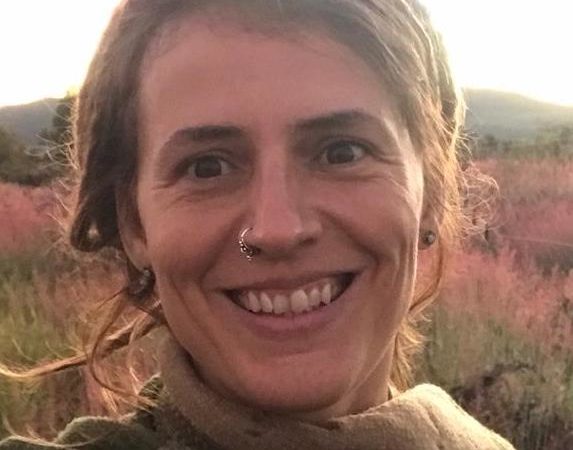
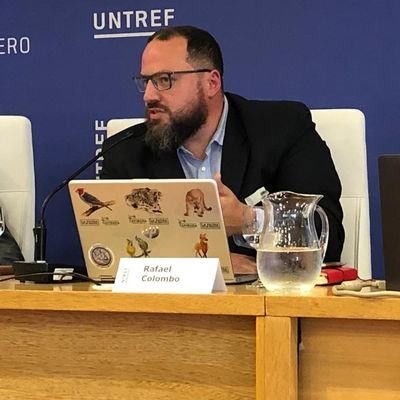
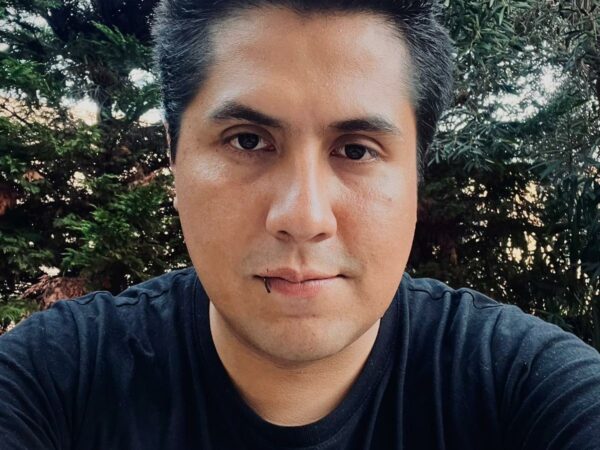
Based in Brazil. Journalist, ecoactivist, photographer, permaculture expert, and environmental educator. Co-founder, counselor, and coordinator of the Circle of Alliances for the Rights of Mother Earth of CASA Latina (Council of Sustainable Settlements of Latin America); Counselor and coordinator of CASA Brazil and articulator of the New Parks Network, São Paulo, Brazil. Coordinator of the Permaculture Circle of the North American organization SoFA (Sociocracy for All), co-founder of AWIRE, Multiethnic Permaculture Alliance, and the EarthCode project. Author of the e-book: Sociocracy, new forms of Democracy in Latin America. Researched and documented more than 200 intentionally sustainable communities in Europe, Oceania, and Latin America. Promoting conferences, talks, workshops, and courses in the areas of Permaculture, Sociocracy, Social Design, Recycle and continues to document ethnic, alternative, and conventional communities in the world.
Environmental lawyer, university professor and parliamentary advisor. Member of the Argentine Association of Environmental Lawyers. He is also a member of GARN Latin America, the Global Parliamentary Front for the Rights of Nature and the Ecosocial and Intercultural Pact of the South.
Sociologist, researcher, activist for the Rights of Nature. Coordinator of areas of the Fundación Solón – Bolivia. Currently working on lithium and neo-extractivism for energy transition. He is part of the team of the Amazon Assembly. Joined the International Rights of Nature Tribunal in different hearings and in situ visits.
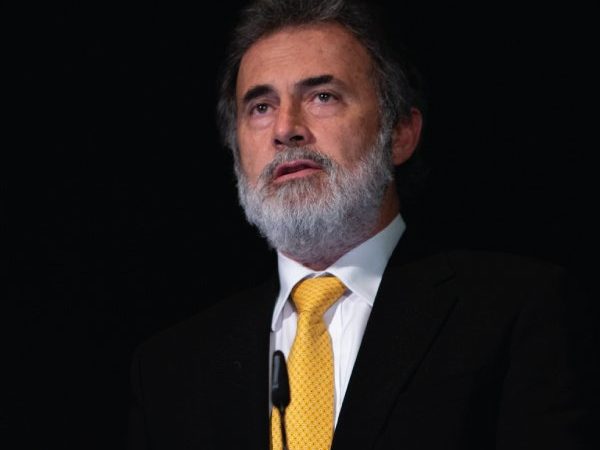
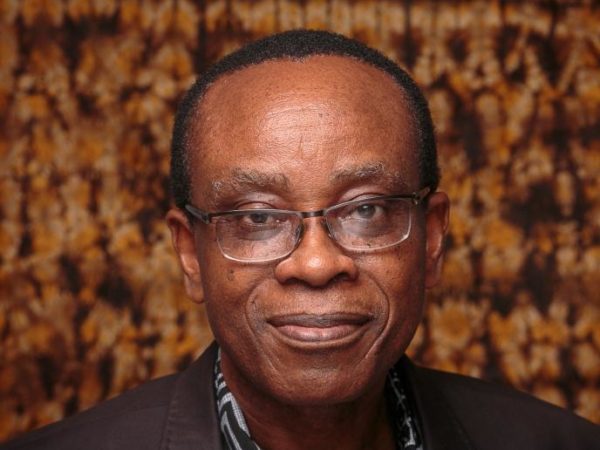
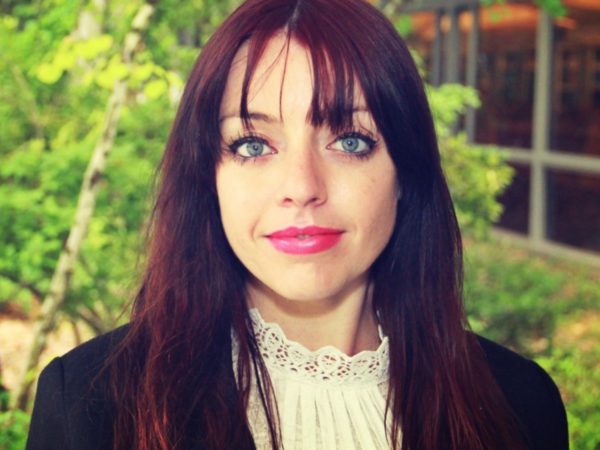
Author, practicing environmental attorney, and governance expert. Director of Cullinans environmental and green business law firm, EnAct International, and Wild Law Institute. His groundbreaking book “Wild Law: A Manifesto for Earth Justice” has played a significant role in informing and inspiring a growing international movement to recognize the Rights of Nature. Included in Planet Savers’ 301 Extraordinary Environmentalists (2008). At the invitation of Bolivia, Cormac spoke at the 2009 Climate Change Conference in Copenhagen and led the drafting of the Universal Declaration of the Rights of Mother Earth in 2010. That year he also played a leading role in establishing GARN and is currently part of its Executive Committee.
Director of Health of Mother Earth Foundation (HOMEF), member of the steering committee of Oilwatch International. Previously chair of Friends of the Earth International (2008-2012), Executive Director of Nigeria’s Environmental Rights Action (1993-2013). Co-recipient of the 2010 Right Livelihood Award (“Alternative Nobel Prize.”) Rafto Human Rights Award 2012. Author of books such as We Thought it Was Oil, But It was Blood, I will Not Dance to Your Beat, To Cook a Continent – Destructive Extraction and the Climate Crisis in Africa, and Oil Politics – Echoes of Ecological War.
Amy is the Executive Director and co-founder of Animal Law Reform South Africa, the first dedicated animal law non-profit in the country. She is an attorney and researcher focusing on the intersection of the rights of humans, nonhuman animals, and Nature in law and policy and creative approaches to the attainment of an inclusive system of justice. Amy is an Independent Expert with the United Nations in Harmony with Nature Program and a Research Associate with the University of Johannesburg. She is the first South African to graduate with a master’s degree (LL.M.) in animal law and leads a number of animal protection organizations throughout Africa including in South Africa and Kenya. Amy has worked as a Fellow specializing in aquatic animal law with the Animal Law Clinic at Lewis & Clark Law School in Portland Oregon and has worked at UCLA Law, California at the Brooks Institute for Animal Rights Law and Policy. She has worked with several prominent global and US-based animal nonprofits as a legal consultant. Amy is currently working on a number of research and writing projects including co-authoring a book on aquatic animal law and co-editing the first animal law book in South Africa. From May 2022, Amy will be co-teaching the first animal law course in South Africa.
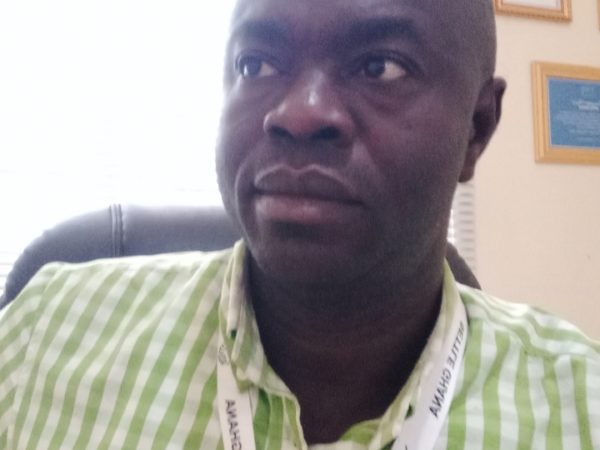
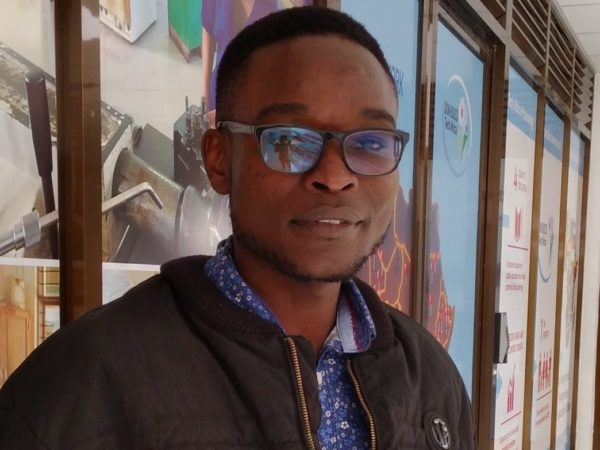
Abu Karimu is an indigenous people’s rights activist and executive director for Settle Ghana an NGO, that defends the rights of indigenous peoples to live a fair and dignified life. His organization is a member of the Aluminium Stewardship Initiative (ASI) and the Initiative on Responsible Mining Assurance (IRMA). Abu Karimu is a broadcast journalist.
Based in Nairobi, Kenya, Jack Omondi is highly dedicated to empowering youth and communities through knowledge sharing, training, events, webinars, and campaigns in the field of Rights of Nature. Currently, he is working at Don Bosco Tech Africa as the project officer in charge of Greening the Don Bosco TVET centers in Sub-Saharan Africa. Jack was previously the Membership and Outreach facilitator of the GARN Youth Hub in 2021, Jack has now moved on to support the Africa Hub in a similar manner.
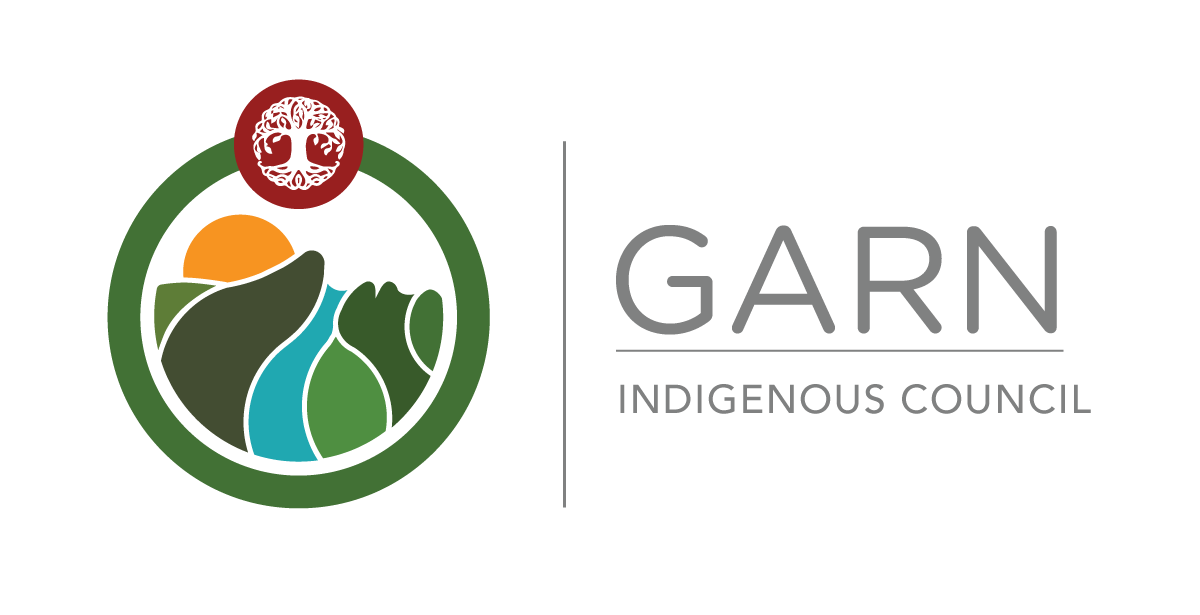
Indigenous Council
Recognizing the importance of Indigenous leadership and guidance for the growing Rights of Nature movement, GARN Executive Committee members, Tom Goldtooth and Casey Camp Horinek, have put forward a plan to build a global Indigenous Council that will invite Indigenous leaders from around the globe working on Earth jurisprudence to join together and have a leading voice at GARN. The Council hosted a few initial global gatherings to plan and prioritize work for the coming year. The Council will also offer member and member communities learning opportunities, tools, legal support appropriate to the Indigenous and Tribal context, as well as have a leadership role in guiding GARN’s global work - for example, testimony and influence on the COP26 Amazon and Climate cases.
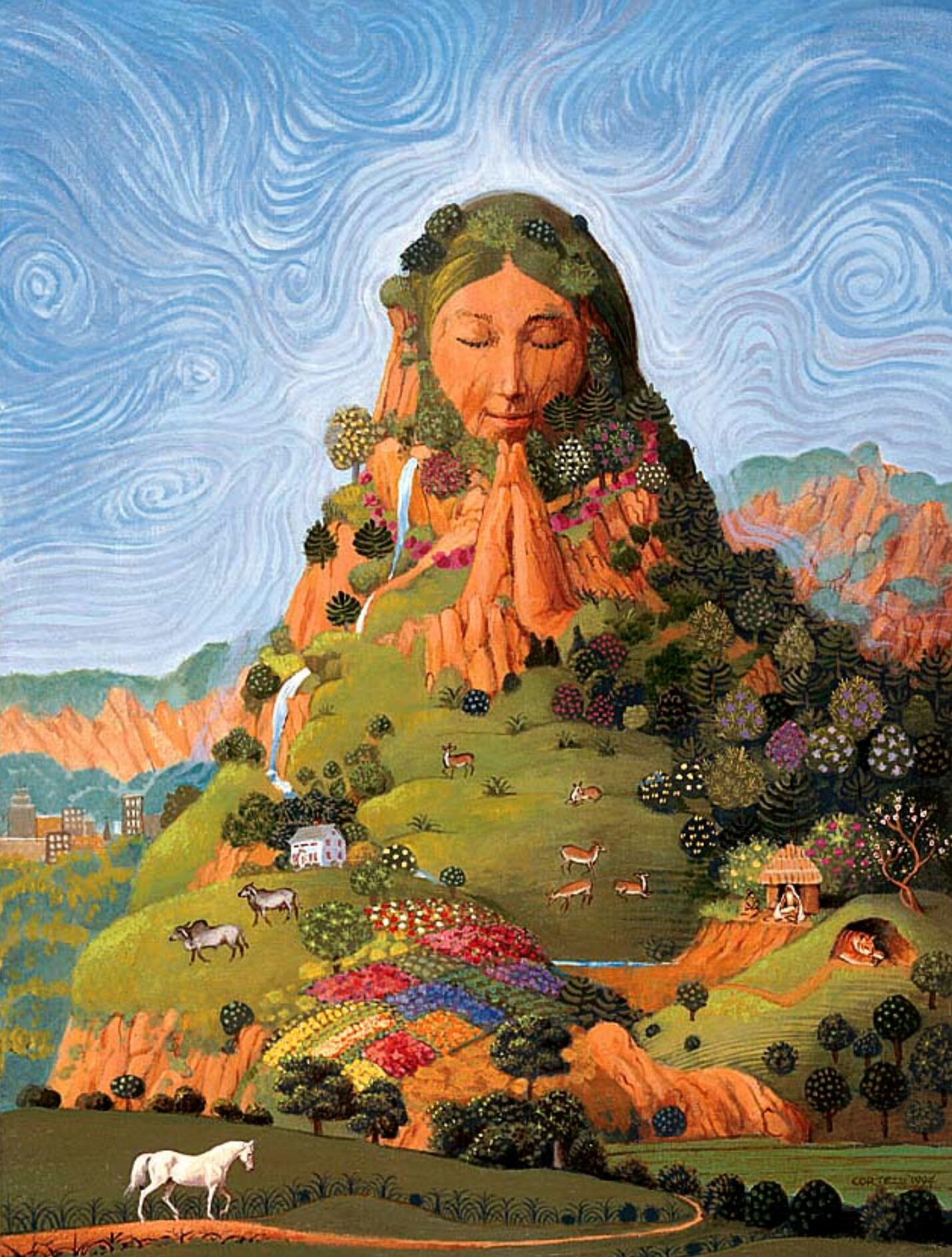
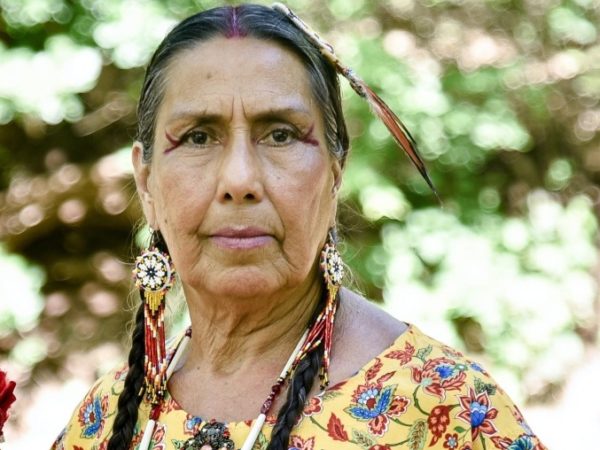
Councilwoman and Hereditary Drumkeeper of the Womens’ Scalp Dance Society, of the Ponca Nation of Oklahoma. Longtime activist, environmentalist, actress, and published author. First taking up the cause of Native and Human Rights in the early ’70s; it has been in the last 15 years that she began her plea for Environmental Justice for her Ponca people as well as people around the globe. Internationally renowned Environmentalist, speaking on such prestigious stages as the United Nations Permanent Forum on Indigenous Issues, marching on Washington DC with Moms for Clean Air, supporting the efforts of the Indigenous Environmental Network, and now serving as a Board Member of Movement Rights as well as on the International Advisory Committee of WECAN. Instrumental in the drafting, and adoption of the first-ever International Indigenous Women’s Treaty protecting the Rights of Nature.
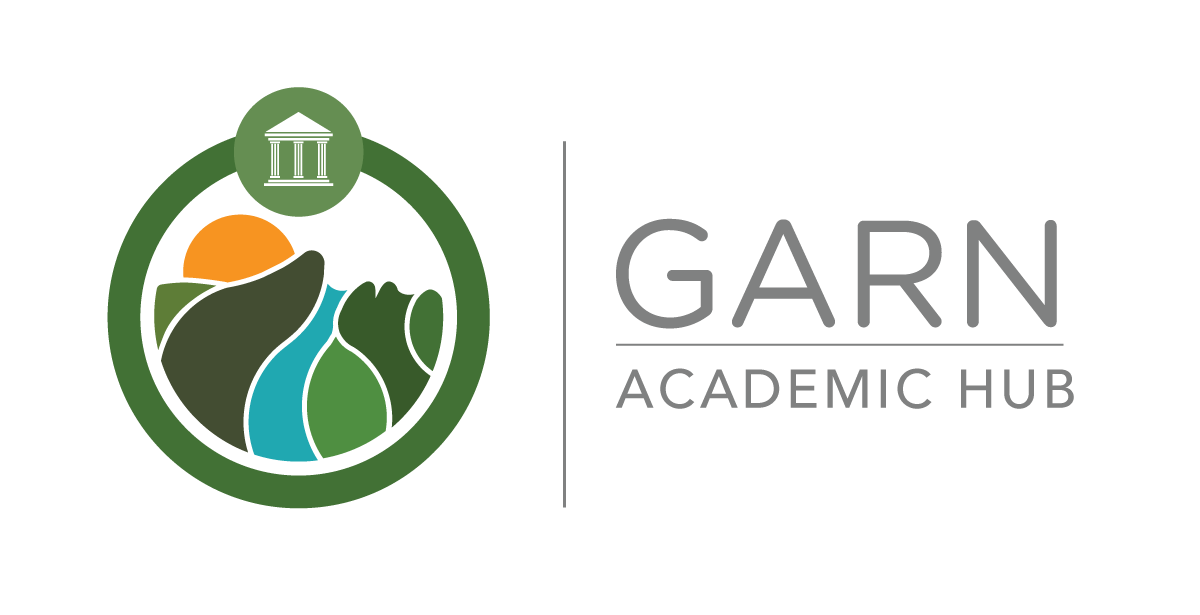
Academic Hub
The Academic Hub was founded to harness the extensive and multidisciplinary scholarship that has developed, particularly over the last decade, around GARN’s core commitment to the support, adoption and implementation of legal structures that respect and enforce Rights of Nature. Its goal is to extend to all disciplines, scholars, and research projects connected to the emergence of Ecological Jurisprudence and to create a space for critical inquiry, to facilitate and foster novel research on Rights of Nature, Earth Jurisprudence and related ideas.
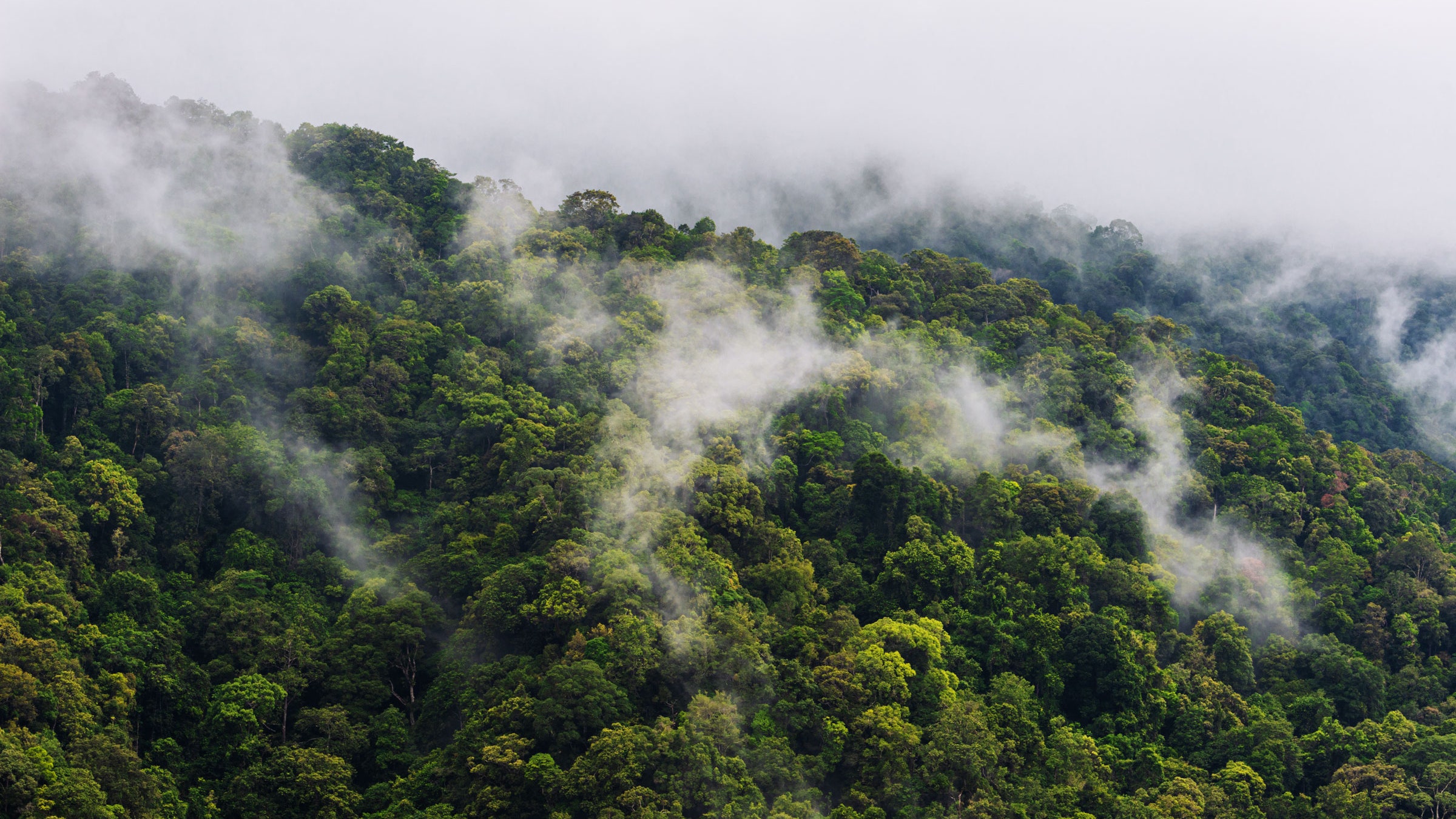
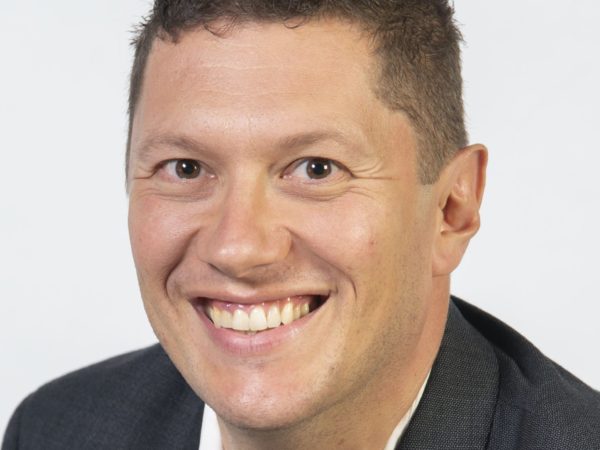
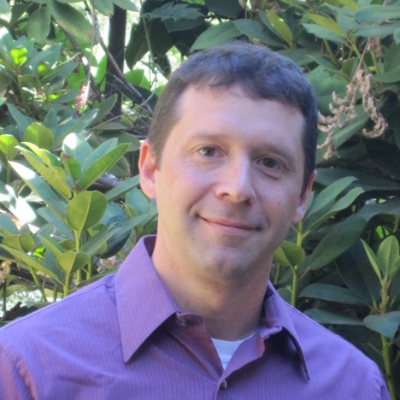
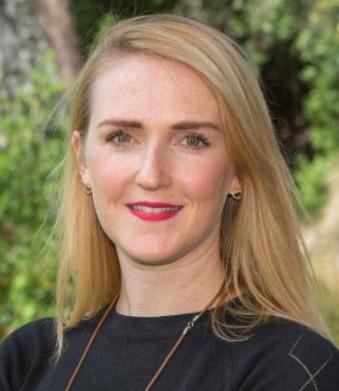
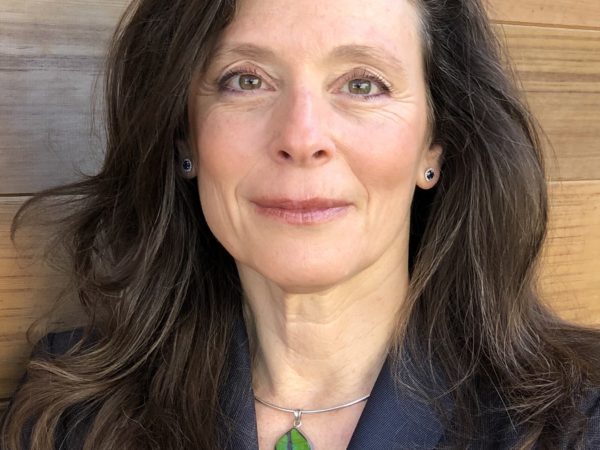
Academic and Member of Council at Southern Cross University, exploring Rights of Nature, Wild Law, and Earth Jurisprudence since its inception. LLB/LLM at the University of Turin specializing in comparative law and legal anthropology with a field research project conducted in the Andes. Doctoral research at the University of Wollongong focused on native title and legal pluralism in the Illawarra region. Organizer of numerous events in Australia on Wild Law and Earth Jurisprudence. One of the founding members of GARN and of the Australian Earth Laws Alliance. Moderator at the UN General Assembly Dialogue on the Harmony with Nature. Executive Committee Member at GARN, expert member of the UN Harmony with Nature program. Areas of research: legal anthropology, legal theory, comparative law, ecological jurisprudence, sovereignty, and Indigenous rights.
Associate Professor of Political Science and Environmental Studies at the University of Oregon. Much of his research analyzes the application of Earth law around the world as a tool for realizing a more sustainable approach to development. Currently, Craig is implementing a global survey designed to map transnational rights of nature networks in order to create a global dataset of individuals and organizations working on Earth-centered law as well as identify opportunities for increased collaboration and more effective targeting of resources. Member of the United Nations Knowledge Network on Harmony with Nature. Works with Rights of Nature Community Rights Lane County, Oregon, to advance Rights of Nature in his local community.
Law scholar and Associate Professor in Environmental and Natural Resources Law at the University of Canterbury. Her research interests are in comparative environmental and natural resources law, human rights, and Indigenous rights in Australasia and Latin America. Published widely on these topics including the book Indigenous Water Rights in Law and Regulation. She currently co-leads two major externally-funded research projects: the Sustainable Seas National Science Challenge project; and Riverine Rights: Exploring the Currents and Consequences of Legal Rights for Rivers.
Executive Director of Environment Now. Previously Senior Counsel at the Leonardo DiCaprio Foundation, and consultant to foundations and state agencies on environmental policy. Developed and implemented nature’s rights initiatives as Executive Director and Co-Founder of Earth Law Center, led the California Coastkeeper Alliance as Executive Director, and oversaw Ocean Conservancy’s work as Pacific Region Director. For her efforts in “fight[ing] pollution of the Pacific and the streams and rivers that flow into it,” Linda was recognized by the state as a California Coastal Hero. She has published extensively, created and taught nature’s rights curriculum at Vermont Law School, and recommended rights-based climate strategies through TEDx. B.S. in chemical engineering from MIT, M.P.P. from U.C. Berkeley’s Goldman School of Public Policy, J.D. from Berkeley Law School.
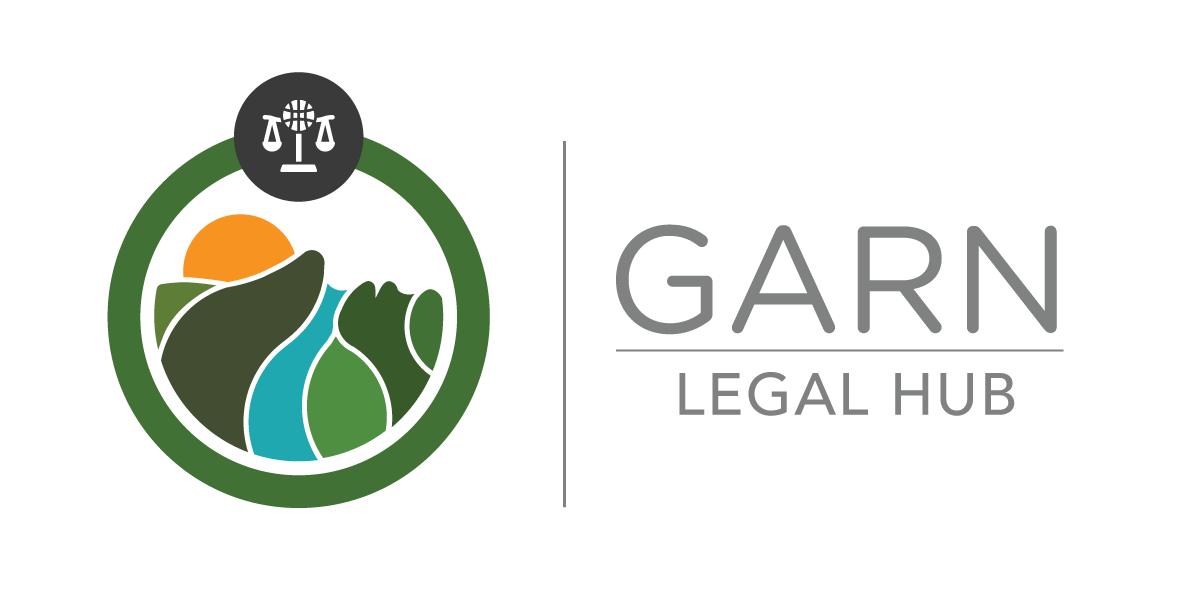
Legal Hub
The Legal Hub will provide legal guidance, support and training to GARN members. For example, the hub will take the lead on relevant GARN Amicus Curiae, finalize and publish Tribunal verdicts, respond to community or member inquiries on legal Rights of Nature questions and under-take the development of legal toolkits.
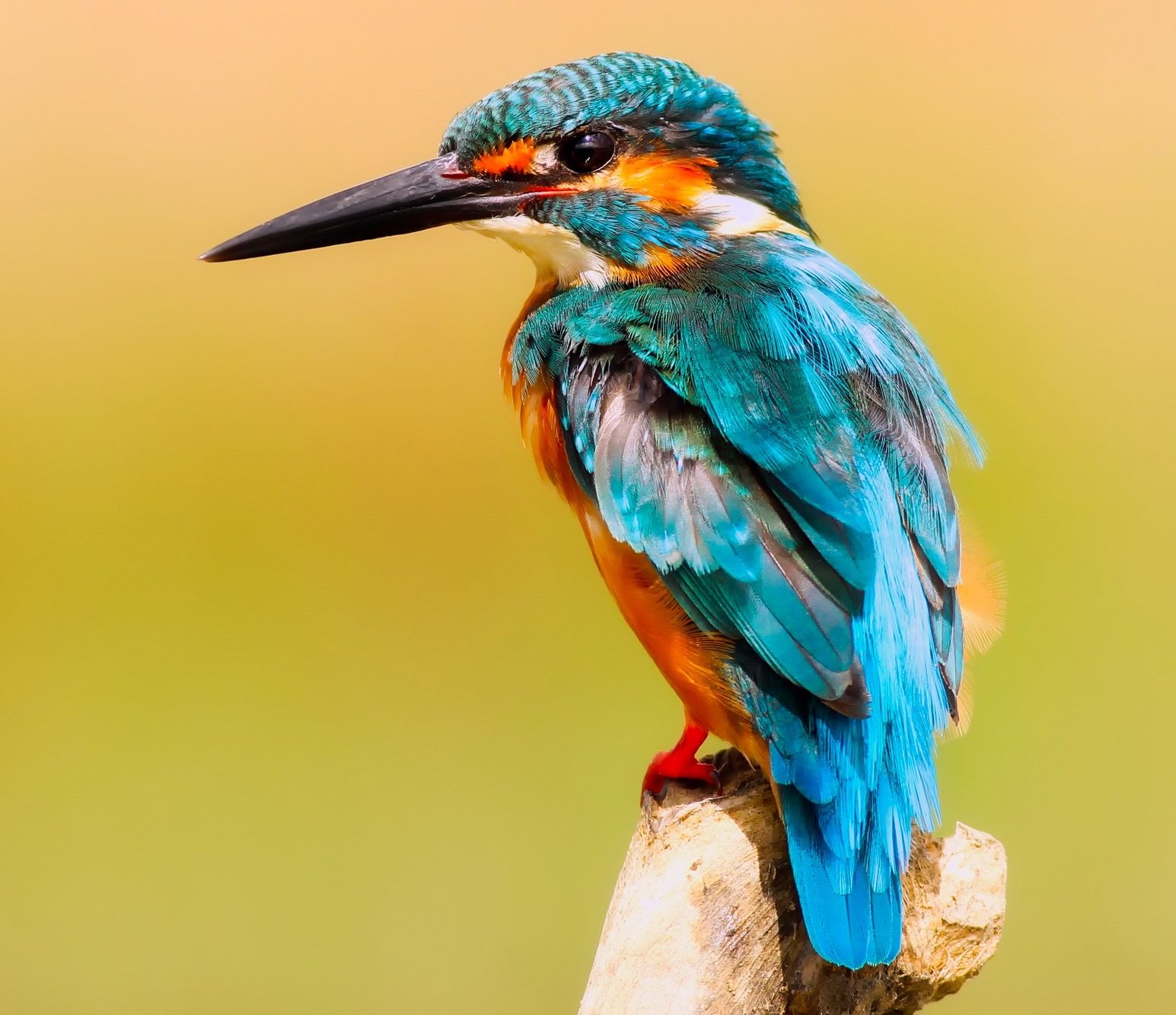
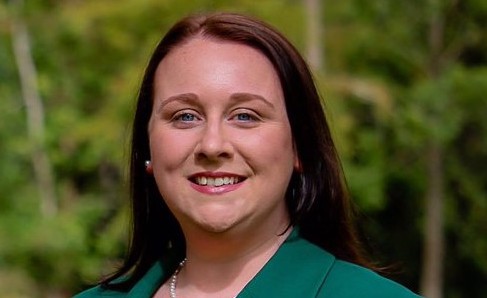
Director at the Center for Earth Jurisprudence. Advisor to Barry University law students that work with CEJ as Earth Law & Policy Fellows. Former Executive Committee member and chairperson for the Legal Committee of the Florida Springs Council. Currently on GARN’s Executive Committee and facilitator of the GARN Legal Hub. Contributing author to the first-ever Earth Law textbook, Earth Law: Emerging Ecocentric Law: A Guide for Practitioners. Undergraduate degree in Political Science from Randolph-Macon Woman’s College, Master in Non-Profit & Human Resources Management from Penn State University, Juris Doctor from Barry University School of Law, LL.M. from Western New England School of Law. Environmental Law Honors Certificate, worked in Environmental and Earth Law Clinic. Lecturer on Earth Jurisprudence and Earth Law at Barry and around the world. Member of the Florida Bar.
